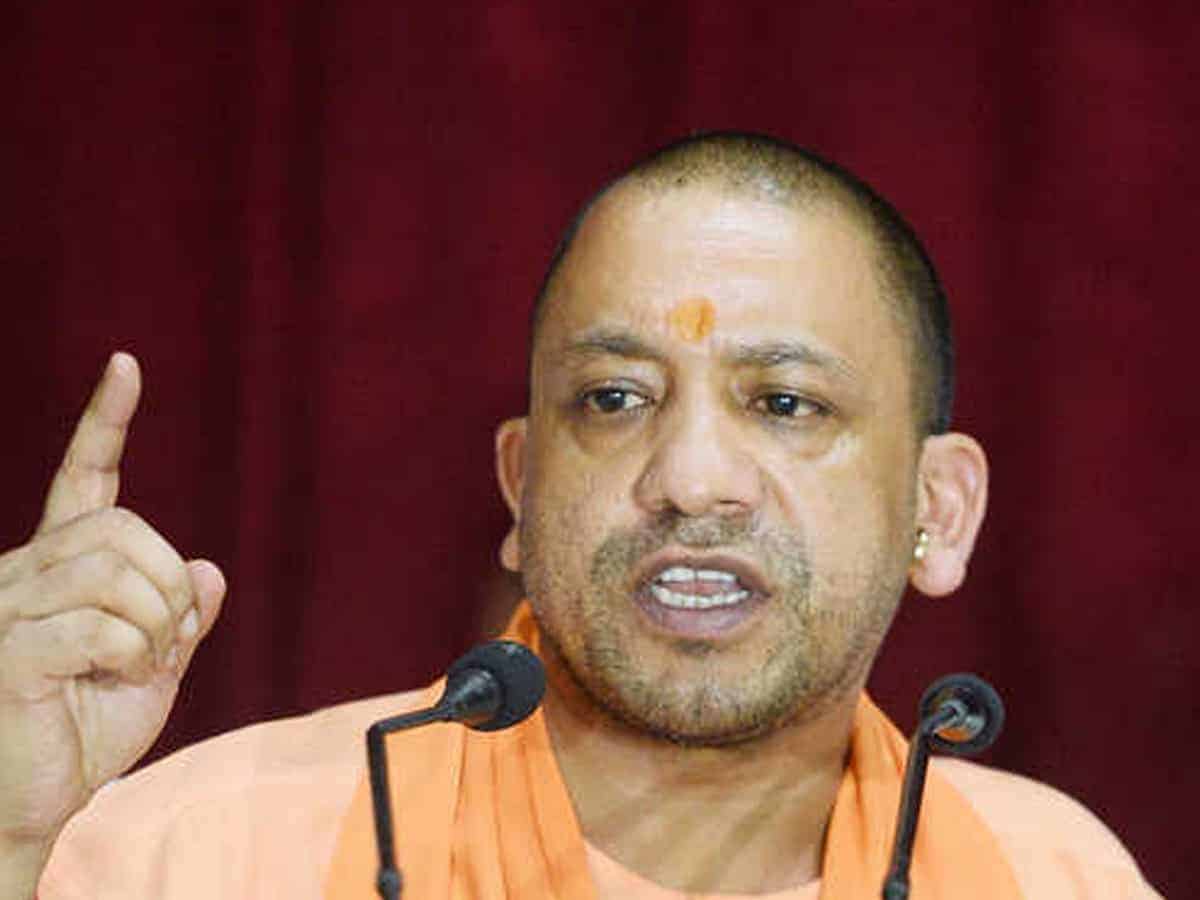LUCKNOW: In a blatant attempt to communalise the COVID-19 pandemic, the Uttar Pradesh administration has named eight out of 18 coronavirus hotspots in Lucknow after mosques.
In the initial list of hotspots, the mosques named by the administration to identify areas around them include Masjid Ali Jaan in Sadar Bazar, Mohammadiya Masjid in Wazirganj, Khajoor Wali Masjid in Triveni Nagar, Nazarbagh Masjid in Kaiserbagh and Rajauli Masjid in Gudumba.
Opposition parties on Sunday accused Lucknow administration of targeting Muslims by “naming” some coronavirus hotspots after local mosques.
For example, the list in Hindi said, “In police station Kaisarbagh, area around Phoolbagh Masjid.”
“The administration has named hotspots after mosques in Lucknow. This is unfortunate,” state Congress president Ajay Kumar Lallu told PTI.
“This is a pandemic which did not attack a particular religion. It has nothing to do with a particular religion or sect. The government should focus on increasing testing facilities. The government is hiding its failures with such moves,” he said.
Samajwadi Party legislator Rajpal Kashyap also criticised the administration.
“What message does the administration want to give to the people by naming the hotspots after mosques,” he asked.
“Coronavirus did not target any particular community. The focus should be on treating patients, making people aware and taking measures like sanitisation to check the spread,” he said.
He alleged that the way the list was made is “discriminatory” and “suits the political agenda of the government”.
Officials, however, rejected the charge that a particular community was being targeted. They said the mosques were mentioned because coronavirus cases were detected in their vicinity.
“This is just to pinpoint an area where more cases have been found, nothing else. This is an old practice and there is no political colour to it,” a senior official said.
Lucknow has so far reported 226 cases and one death due to coronavirus.
According to official figures, 1,138 coronavirus cases out of the 2,579 detected in the state so far are linked to Tablighi Jamaat members and those who came in contact with them.

